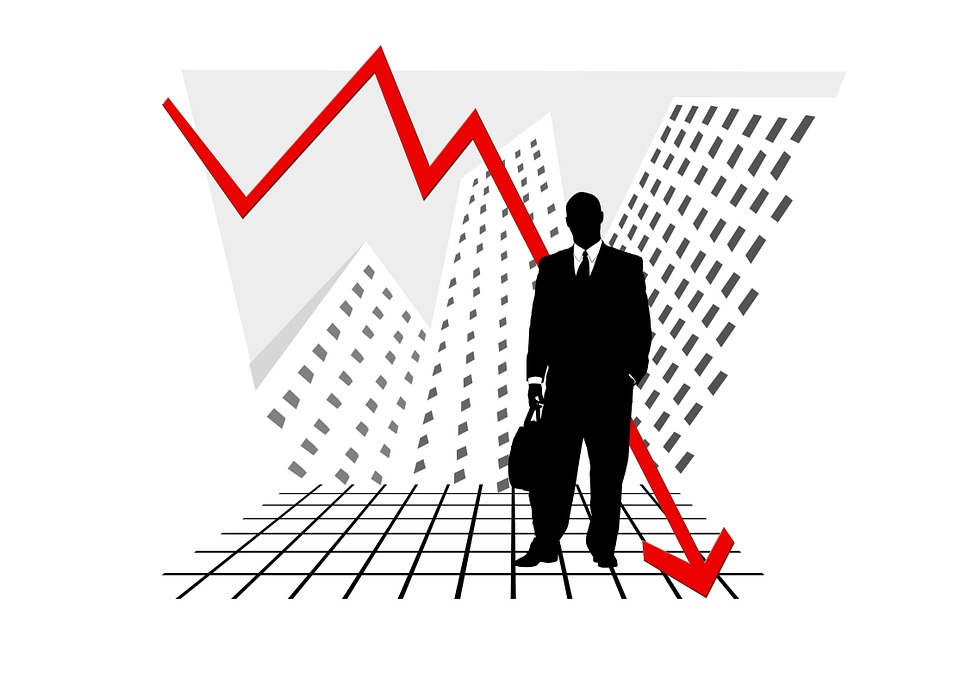×
The Standard e-Paper
Home To Bold Columnists

The ability to take risks is one of the defining traits of a successful entrepreneur. However, since we can’t see into the future – at least not yet – there are times these risks won’t pan out, particularly if they involve money.
So how you deal with it when you invest in something that doesn’t turn out as envisioned? How do you make sure one wrong turn doesn’t cripple you or your business? Here are five tips.